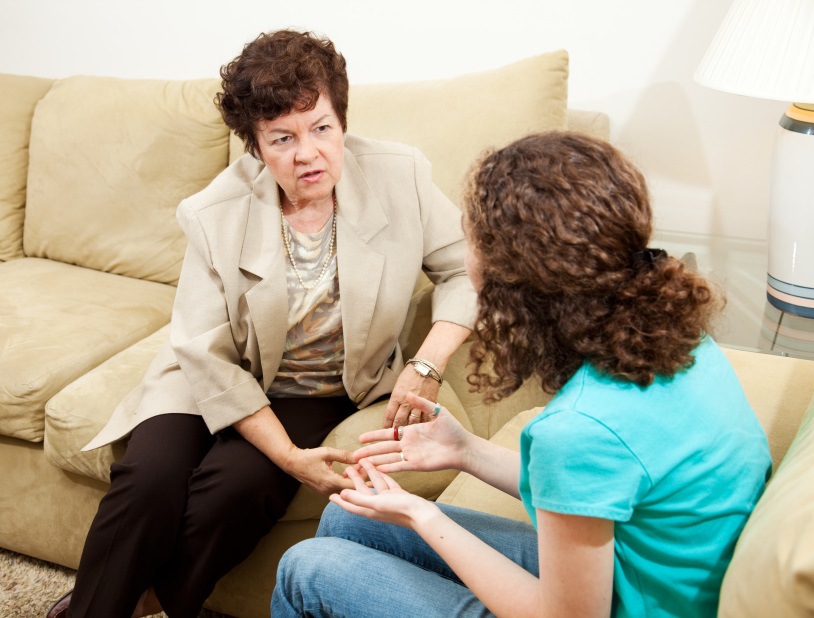
Bullying may seriously affect the mental health and well being of children and youth. Parents, teachers, coaches, and other youth-serving adults are in positions where they are able to notice when there are signs of mental distress or bullying behavior.
Research suggests that children and youth who are bullied over time are more likely than those not bullied to experience depression, anxiety, and low self-esteem. They also are more likely to be lonely and want to avoid school. There are many ways that parents and youth-serving adults can help prevent or address bullying.
The same study showed that children and youth who bully others over time are at higher risk for more intense anti-social behaviors like problems at school, substance use, and aggressive behavior. Parents should pay attention to warning signs that their child may be engaging in bullying behavior, like getting into physical or verbal fights or blaming others for their problems.
Bystanders to bullying may also experience mental health effects. The same study showed that students who witness bullying at school experienced increased anxiety and depression regardless of whether they supported the bully or the person being bullied. Bystanders may experience stress related to fears of retaliation or because they wanted to intervene but didn’t.
When a parent, trusted adult, or teacher notices that a child or youth seems withdrawn, depressed, anxious, avoids activities that they used to enjoy, or is exhibiting bullying behavior, it’s important to talk about what may be the cause. Parents may find it helpful to talk with a professional social worker, counselor, physician, or psychologist to help address the effects of bullying and to identify protective strategies. They can also work with schools and community organizations to put bullying prevention strategies in place or to address specific bullying incidents or behaviors. Addressing bullying and related mental health concerns early can help prevent harmful negative experiences and keep children and youth moving forward in a positive trajectory at school, with friends, and in their personal development.
StopBullying.gov’s Training Center includes guides for mental health professionals, parents and caregivers, and recreation leaders. To learn more about the effects of bullying, see our resources on Bullying as an Adverse Childhood Experience (ACE) and on the Consequences of Bullying.

